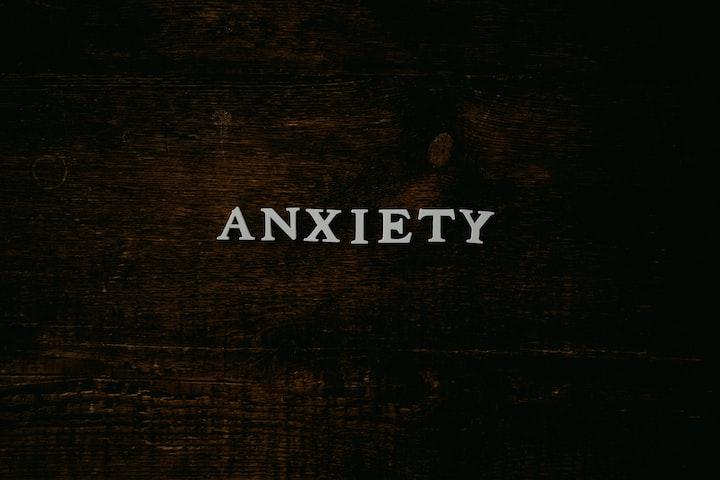How to Overcome Anxiety: 10 Proven Ways
Anxiety can be a normal and healthy emotion. It can become a problem when it’s constant or overwhelming, and it starts to interfere with your daily life. If you’re struggling with anxiety, there are things you can do to feel better.
Talk to someone who can help: A therapist, counselor, or other mental health professional can help you understand your anxiety and develop coping skills.
Make lifestyle changes: Exercise, relaxation techniques, and healthy eating can help reduce anxiety symptoms.
Take medication: If lifestyle changes and therapy don’t work, your doctor may prescribe medication to treat your anxiety disorder.
Read More »How to Overcome Anxiety: 10 Proven Ways






